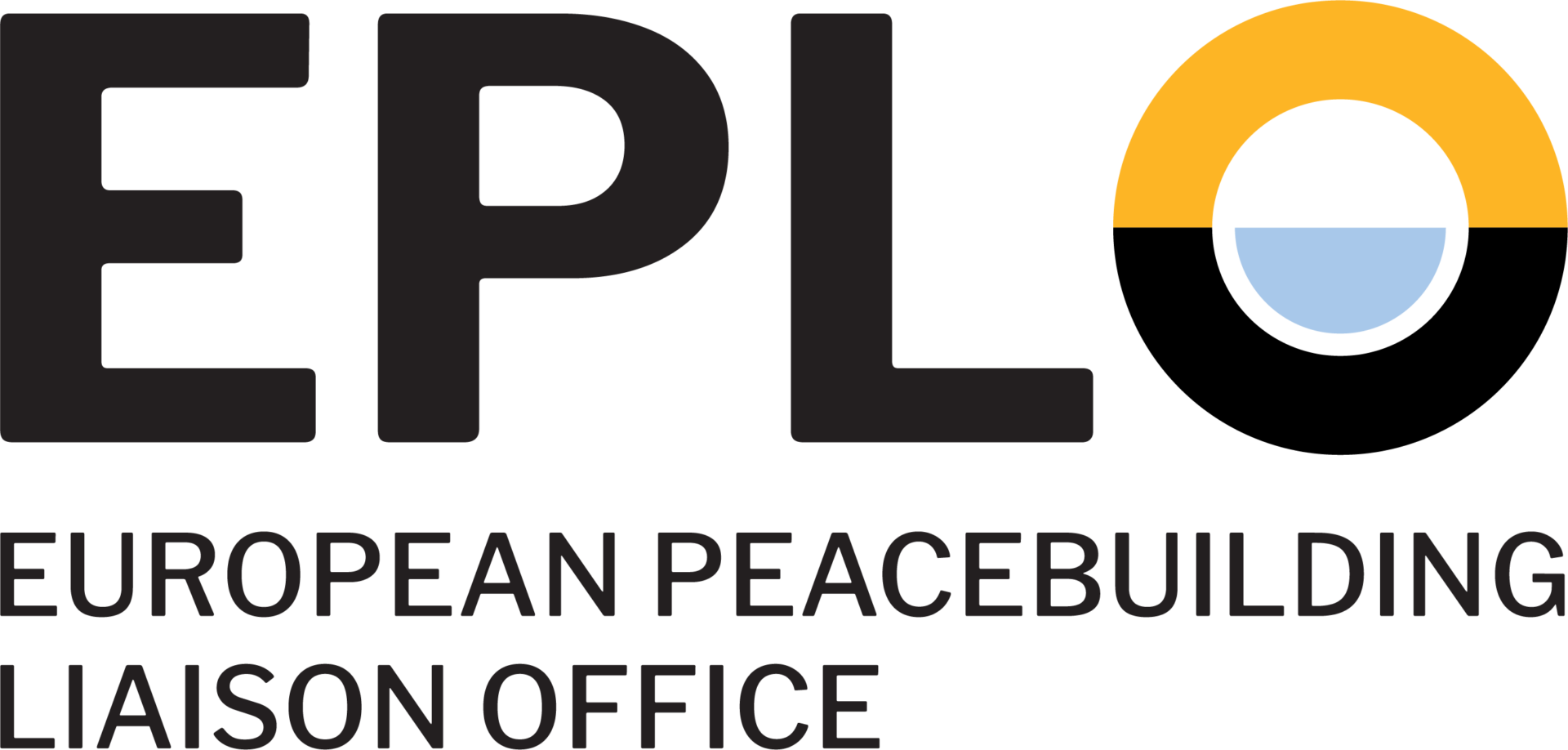On 6-9 June, around 400 million EU citizens have the right to vote for their representatives in the European Parliament.
However, despite the EU’s history as a peace project, peace is losing priority in discussions on political priorities and resource allocation. Peacebuilding and conflict prevention are at risk of becoming increasingly sidelined.
Therefore, the EU elections are a significant opportunity for peacebuilders in Germany and Europe to call for stronger approaches toward peace.
What’s at stake?
With the upcoming European elections, the stakes are high for what kind of peace actor the European Union (EU) will be.
There is a clear trajectory toward higher defence spending and the prioritization of hard security at both the European and national levels. However, it would be a mistake for the EU to put all its eggs in one basket by focusing solely on this approach at the expense of others.
The intensification of conflicts worldwide—coupled with a rise in right-wing extremism, the climate crisis, and the growing gender backlash—will require prioritizing and investing in policies and approaches that go beyond defence and national security.
In the long term, the effectiveness of the EU’s investment in security will need to be measured by its ability to strike a balance between domestic priorities and partner countries’ priorities. This includes ensuring the safety of populations in the countries where the EU operates.
A role for the EU in global peace
In this era of intense geopolitical competition, the EU has a clear added value and an opportunity to emerge as a greater global actor for peace.
It should do so by sustaining an external action that puts human security and the protection of civilians at the forefront of all its external security engagements.
The EU has a unique competitive advantage in pursuing and supporting non-violent forms of conflict resolution and contributing to long-term, sustainable peace around the world through its peacebuilding and development instruments.
It is critical that the EU strengthens its commitment to people-centred approaches to security—while connecting peacebuilding with all EU external instruments and increasing inter-institutional cooperation for a comprehensive security approach.
